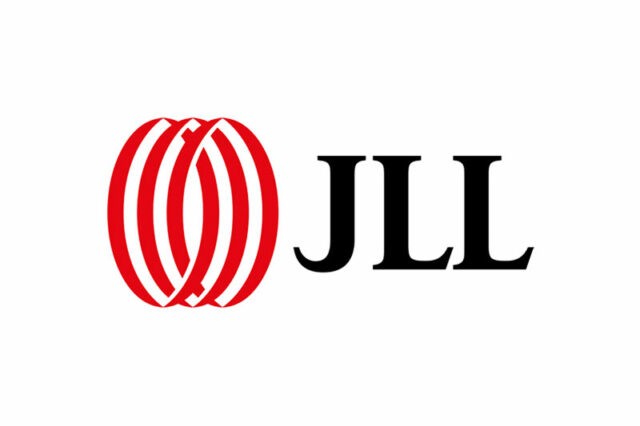JLL expects more property conversions this year

MORE Philippine real estate may be converted into housing and retail spaces this year as property developers repurpose out-of-date buildings, according to JLL.
“With many buildings now out of date — if not yet out of use — and others simply failing to generate suitable yields, conversions are increasingly on the cards,” Walid Goudiard, JLL head of project and development services, said in an e-mailed reply to questions last week.
Developers might diversify more property assets because of the conversion, JLL said.
Sean Coghlan, JLL’s global head of capital markets, said the diversification “will take different forms” depending on location. “Even for those sectors which are currently out of favor, we still see a place for global diversified portfolios.”
In a report, JLL said the conversion of existing office real estate into housing in the Asia-Pacific region is driven by high demand for urban living.
“We will see easing interest rates — estimated Q3 onwards — and construction costs should trend down in 2024,” JLL Philippines head of capital markets P. Ryan Isip said.
Construction prices in Metro Manila at the wholesale and retail levels fell by 1.7% and 1.1%, respectively, in November, data from the Philippine Statistics Authority showed.
Growth in the wholesale and retail segments remained steady for at least two straight months.
“We can expect expansion in both retail and residential property in 2024,” Mr. Isip said.
Juan Paolo E. Colet, managing director at China Bank Capital Corp. expects the residential and retail segments to perform well this year.
“Potential tailwinds for residential properties are lower borrowing costs, higher remittances from overseas Filipinos, and continued economic expansion,” he said in a Viber message.
Source: https://www.bworldonline.com/corporate/2024/01/08/567310/jll-expects-more-property-conversions-this-year/?fbclid=IwAR2YxYRuB85bQ0qcWEKH3vbhjliKhNBNIB3aiN7LdjXZIDenvsxurfehFkw
“Meantime, malls and other retail real estate will benefit from increased foot traffic due to lower inflation and more experience-based offerings to attract consumers,” he added.
Philippine inflation eased to 3.9% in December — the slowest in 22 months — thanks to slower increases in the prices of key food items and utility costs.
December inflation was the slowest reading in 22 months or since the 3% print in February 2022.
Tags: Business










